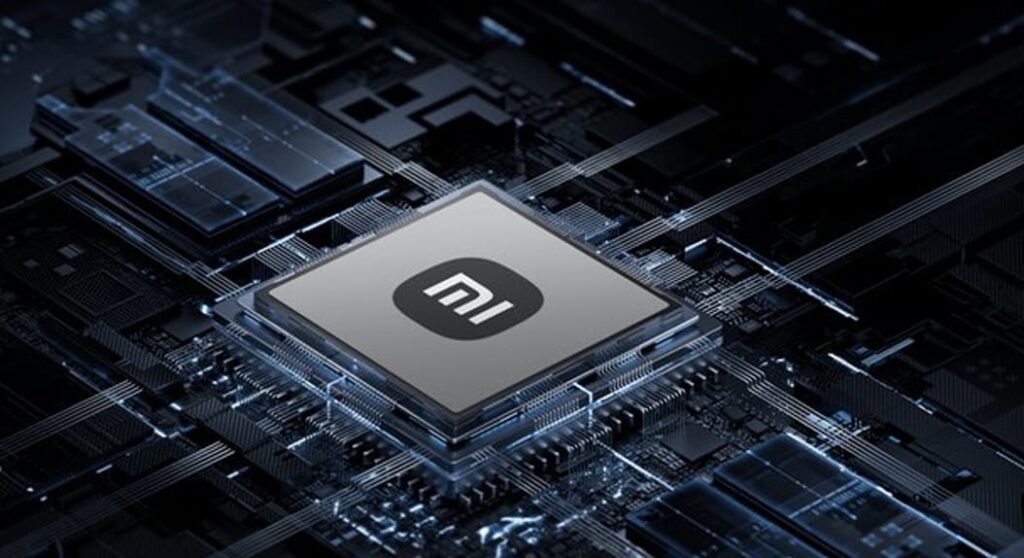Xiaomi, the tech giant known for its innovative smartphones, is making waves with its plans to develop in-house chips. The company’s CEO, Lei Jun, recently shared insights on how this strategy could shape the future of mobile technology.
The Shift to In-House Chips
According to Jun, the smartphone industry is at a critical juncture, and the reliance on external suppliers for chips is becoming less sustainable. By investing in its own chip production, Xiaomi aims to enhance its competitiveness and control over the entire supply chain. This move is not just about keeping costs down; it’s also about ensuring that their devices can keep up with the rapid pace of technological advancements.
Why This Matters
With the global chip shortage still affecting many industries, having in-house capabilities could give Xiaomi a significant edge. It means they can innovate faster, respond to market demands more effectively, and ultimately, deliver better products to consumers. Jun emphasized that this initiative is part of their broader vision to create a more integrated ecosystem for their devices.
Looking Ahead
Xiaomi’s focus on in-house chip development aligns with a trend seen across the tech industry, where companies are increasingly looking to control their technology stack. As other major players like Apple and Samsung have demonstrated, owning the chip design process can lead to more tailored and efficient products.
In conclusion, Xiaomi’s strategic pivot towards in-house chips could redefine their approach to smartphone manufacturing and innovation. With this bold step, the company is not just keeping up with the competition; it’s setting the stage for a future where it can lead the pack. As they continue to roll out new devices, it will be exciting to see how these developments unfold.






